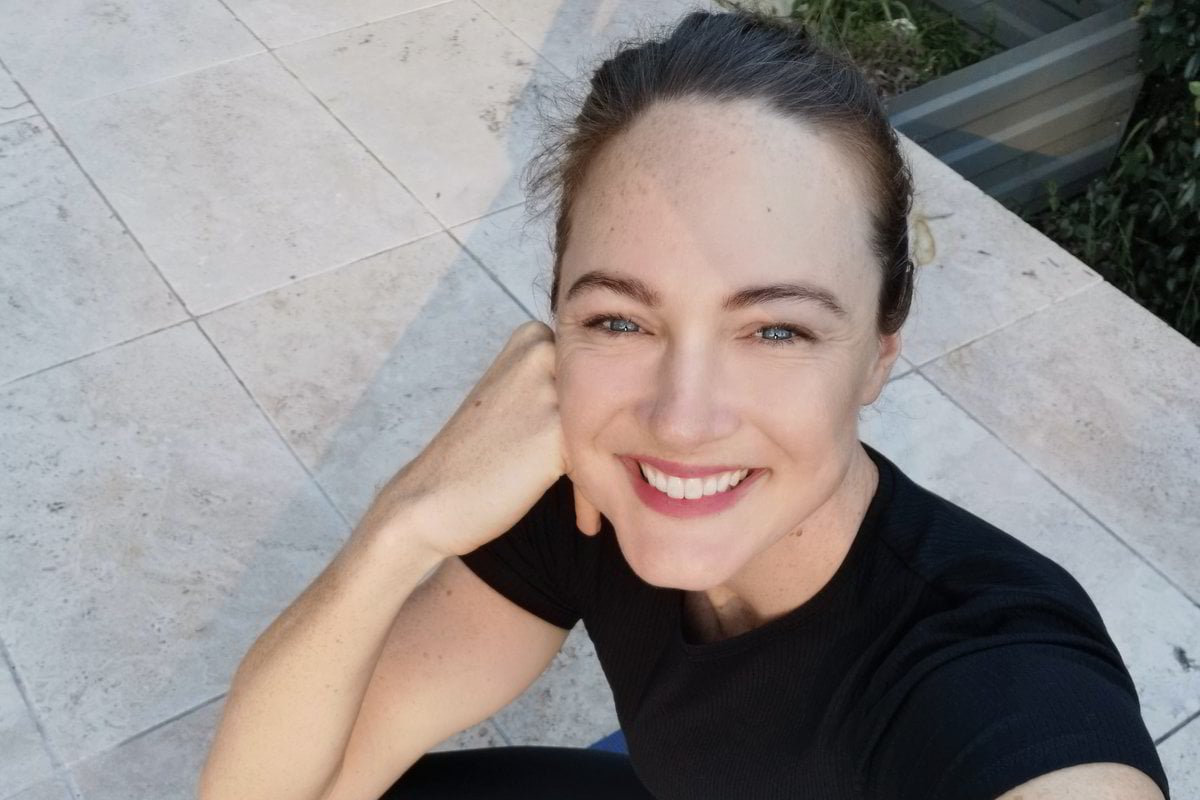
The speed in which Cate Campbell went from training for her fourth Olympic Games to being in lockdown in Brisbane was a lot like one of her races: Fast.
On the morning of March 23, Cate trained in the morning as usual. By 11am, her coach had messaged her to say the facilities she trained at were being closed. Within two hours after that, the Australian Olympic Committee announced it was not sending a team to Tokyo, which officially postponed the games a day later.
"The speed in which it happened was quite disorientating," Cate told Mamamia.
Cate Campbell on her mental health. Post continues below video.
It took her a while to process the news.
"I called a couple of people and was pretty shaken up and what was most helpful was when people allowed me to feel the grief and the pain and the loss, and said 'I'm so sorry, this is a really difficult time'," she explained.
"Once I felt like I had permission to feel upset about it, I was able to work through the emotions, accept them and then put through a strategy and a plan to move forward."
Mentally, having the Olympic goal post moved was a big adjustment. Athletes base their training regimes and entire lives around being their best for the event, and now there is an additional year to factor in - plus a global pandemic.